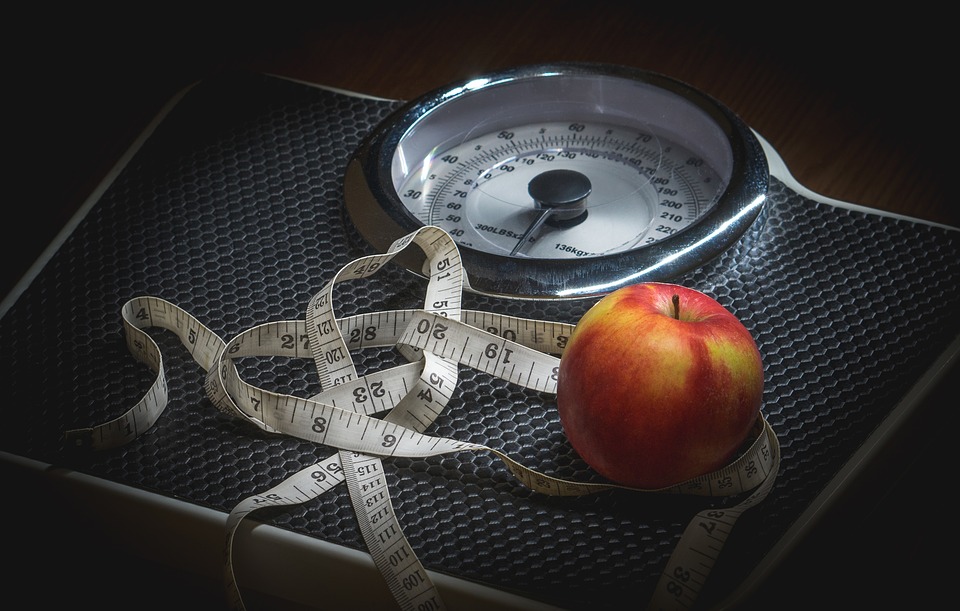It not just how much you eat that makes you gain weight. It’s how you eat.
That’s the take-home message of a major study that found three simple eating habits can determine whether you’re fat or thin.
Researchers at Japan’s Kyushu University meticulously tracked the health and eating routines of nearly 60,000 people for six years. The scientists took detailed weight and body measurements. And they had subjects fill out detailed questionnaires about their eating habits.
At the start of the study, subjects were put into one of three groups based on how fast they ate their meals. One group was classified as fast eaters. Another group ate at a normal speed. The third group ate at a slow pace.[1]
Besides eating speed, researchers logged the times of day the subjects typically ate.
Slim People Do These 3 Things
Scientists discovered that three eating habits were linked to lower body weight:
- Slow eating speed
- No after-dinner snacks
- No eating within two hours of going to bed
Of the three factors, eating speed was the most significant. Slow eaters were 59% less likely to be obese than fast eaters. And normal-speed eaters had a 29% lower chance of being obese.
Dr. Yumi Hurst and Dr. Haruhisa Fukada led the study. “The major finding of this study is that changes in eating speed can affect obesity, BMI, and waist circumference,” they concluded. “The control of eating speed may therefore be a possible means of regulating body weight and preventing obesity.”
The study was published in the online journal BMJ Open.[2]
Besides obesity, fast eating is linked to high blood sugar and insulin resistance. It is also strongly associated with metabolic syndrome. It’s a group of symptoms that include high blood pressure, blood sugar, and triglycerides, and low levels of “good” HDL cholesterol. Metabolic syndrome doubles the risk of early death.[3]
A previous study of 1,083 adults showed than fast eaters were five times more likely than slow eaters to develop metabolic syndrome. The same study showed the fast eaters were 2.6 times more likely than normal eaters to gain 22 or more pounds over a five-year period.[4]
Eating more slowly sounds like easy advice to follow. But it can be difficult to change well-established eating habits.
One method to slow down is to practice something called mindful eating. It’s an eating style that requires you to think about the act of eating instead of mindlessly stuffing yourself.
Here’s how to do it…
5 Steps to Mindful Eating
- Follow the 20-minute rule. Before you start eating, set any kind of timer for 20 minutes. This is the minimum amount of time eating a meal should take. Your brain takes that long to recognize you are full and send satiety signals.
- Focus on your food. When you sit down to eat, you should be free of distractions. Turn off the TV. Put your cellphone or tablet out of reach. Don’t read at the table. If you’re eating with someone, eat silently for the first five minutes. When you do talk, try to keep the conversation focused on the food.
- Eat like a food critic. They don’t rush through a meal. Instead, they savor and think deeply about the food they are eating. Study the visual qualities of the meal. Note the colors and textures of what’s on the plate. Concentrate on the aroma.
- Make your first bite small. Pay attention to the first flavors you experience. As you chew, note how the food feels in your mouth. Notice how the flavor of what you’re eating changes as you chew.
- Chew your food thoroughly. Chew each bite at least 10 times. Chewing begins the chemical process of digestion. Enzymes in your saliva break down the food. This helps food pass through your intestines and you feel fuller, quicker, making it easier to eat less.
Mindful eating not only lets you gain control of your eating habits, it can make meals more relaxing and enjoyable.
Editor’s Note: Have you gained weight during the pandemic? You’re not alone. Americans packed on an average of two pounds a month during the coronavirus crisis, according to a recent study.
Read our monthly journal Independent Healing to discover how to lose pandemic weight without going hungry or giving up your favorite foods. Go HERE to find out more.
Related Articles
The ‘Secret Sauce’ That Helps You Lose Weight
The Simple Eating Trick for Weight Loss Success
The Surprising Reason You Can’t Lose Weight
References:
[1] https://www.eurekalert.org/pub_releases/2018-02/b-ses020818.php
[2] http://bmjopen.bmj.com/content/8/1/e019589
[3] https://www.eurekalert.org/pub_releases/2018-02/b-ses020818.php
[4] https://www.institutefornaturalhealing.com/2017/12/fast-eater-need-read/

